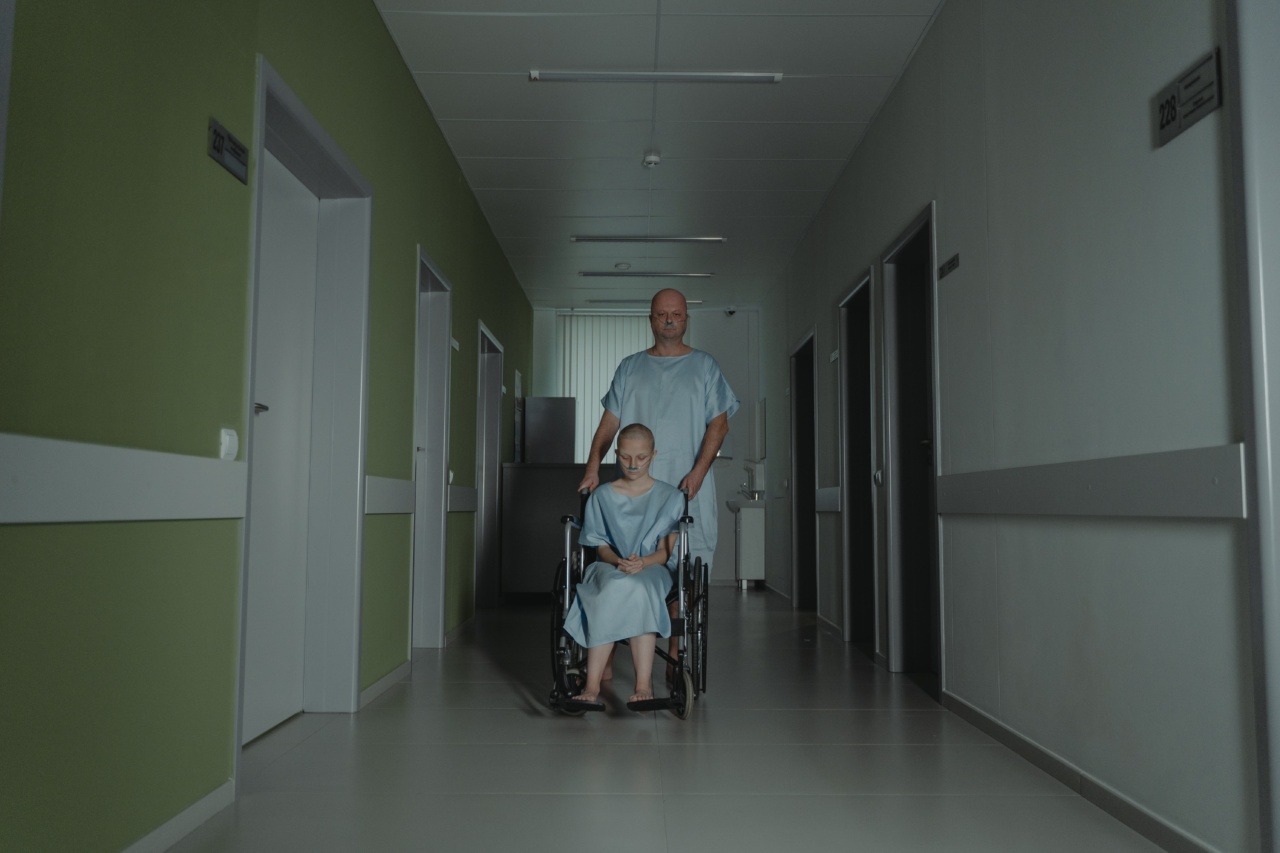For women, the transition from the reproductive years to the post-reproductive years is often referred to as the “Crone” phase.
This phase is marked by physical and emotional changes, including the cessation of menstruation and a shift in hormonal balance.
For women with pancreatic cancer, the transition to Crone can be especially challenging. The physical and emotional toll of cancer treatment, combined with the natural changes of aging, can make this transition difficult to navigate.
Physical Changes
One of the most significant physical changes of the Crone phase is the cessation of menstruation. For women with pancreatic cancer, this may occur naturally or as a result of cancer treatment.
The loss of estrogen that accompanies menopause can lead to a number of physical changes, including hot flashes, vaginal dryness, and a loss of bone density.
Additionally, cancer treatment can cause a range of physical side effects, including fatigue, nausea, and hair loss. For older women with pancreatic cancer, the physical toll of treatment may be more pronounced due to age-related changes in the body.
Emotional Changes
The Crone phase is often associated with emotional changes as well. Women may experience feelings of loss or grief as they transition out of their reproductive years.
In the context of pancreatic cancer, these feelings may be compounded by the emotional toll of a cancer diagnosis and treatment.
For many women with pancreatic cancer, the Crone phase may also bring feelings of uncertainty about the future. The prognosis for pancreatic cancer can be grim, and many patients may be confronted with their own mortality during this phase of life.
Coping Strategies
Women with pancreatic cancer who are facing the transition to Crone may benefit from a range of coping strategies. These may include:.
- Staying physically active to reduce the risk of bone loss and improve overall health
- Seeking support from friends, family, or a mental health professional
- Engaging in creative or spiritual practices to find meaning and purpose
- Practicing mindfulness or other relaxation techniques to reduce stress and anxiety
It is also important for women with pancreatic cancer to work closely with their medical team to manage the physical side effects of treatment.
This may involve adjusting medications or receiving additional supportive care, such as physical therapy or palliative care.
The Importance of Self-Care
During the Crone phase, self-care becomes especially important for women with pancreatic cancer. This may involve taking steps to manage physical and emotional symptoms, as well as making time for activities that bring joy and fulfillment.
Self-care may also involve finding ways to stay connected to others and build a sense of community.
For women with pancreatic cancer, this may include joining a support group, participating in an online forum, or connecting with others who share similar experiences.
Final Thoughts
The transition to Crone can be a challenging phase of life for women with pancreatic cancer. However, with the right support and coping strategies, it is possible to navigate this phase with grace and resilience.
If you or a loved one is facing pancreatic cancer, it is important to work closely with a medical team to manage symptoms and ensure the best possible quality of life.





























